 +52 (55) 5862 3150
+52 (55) 5862 3150
 https://www.facebook.com/pages/Museo-Regional-Altepepialcalli/637852719705986
https://www.facebook.com/pages/Museo-Regional-Altepepialcalli/637852719705986
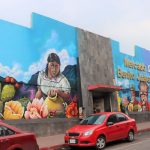
Nearest at 0.10 kms.
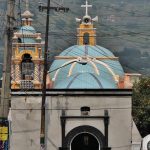
Nearest at 0.14 kms.
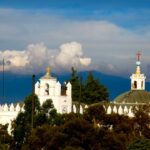
Nearest at 0.16 kms.
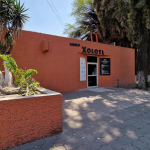
A spectacular little museum dedicated to the ancient Tenayuca ruins.
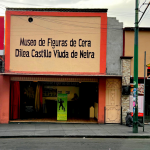
More than a wax museum, the Misterios collection is a thundering reverberation from the past . . .

A museum dedicated to the history of Mexican finance . . .
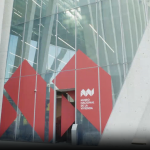
A museum dedicated to Mexico's long history of housing and living.
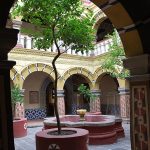
Not just the Museum of the Interventions and a fascinating military history, it's a fascinating monastery too.